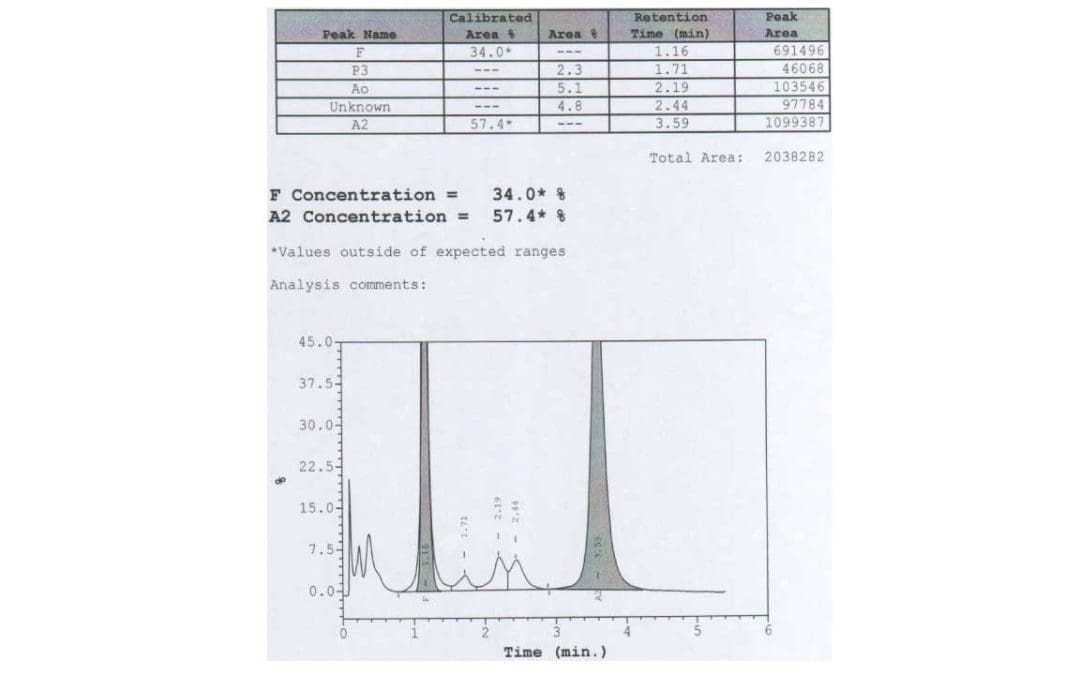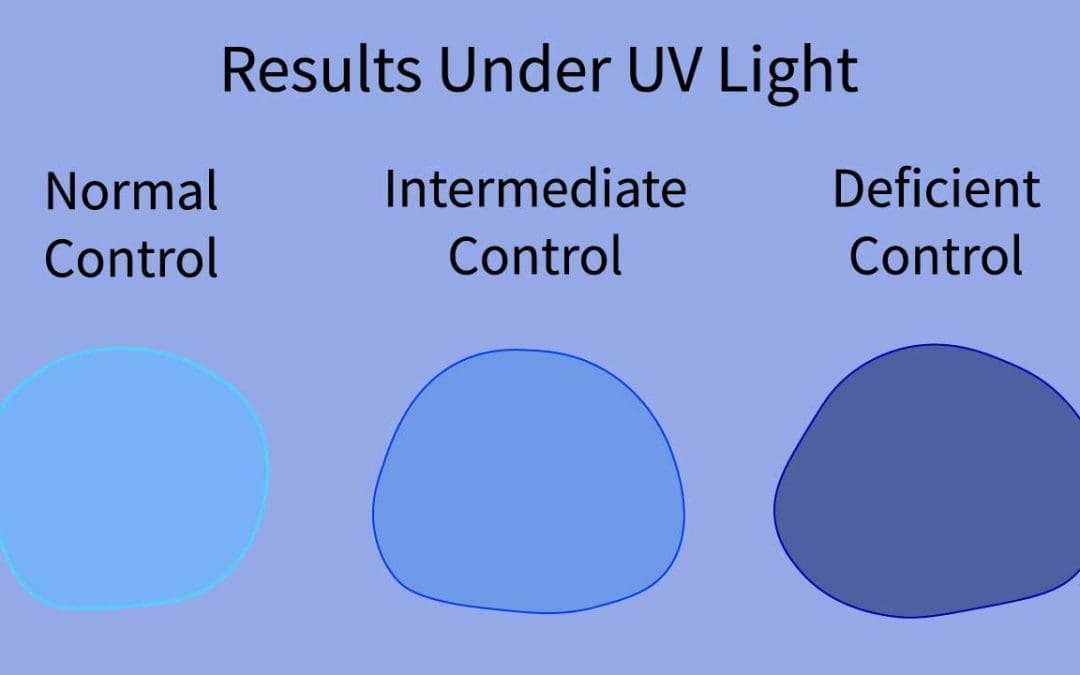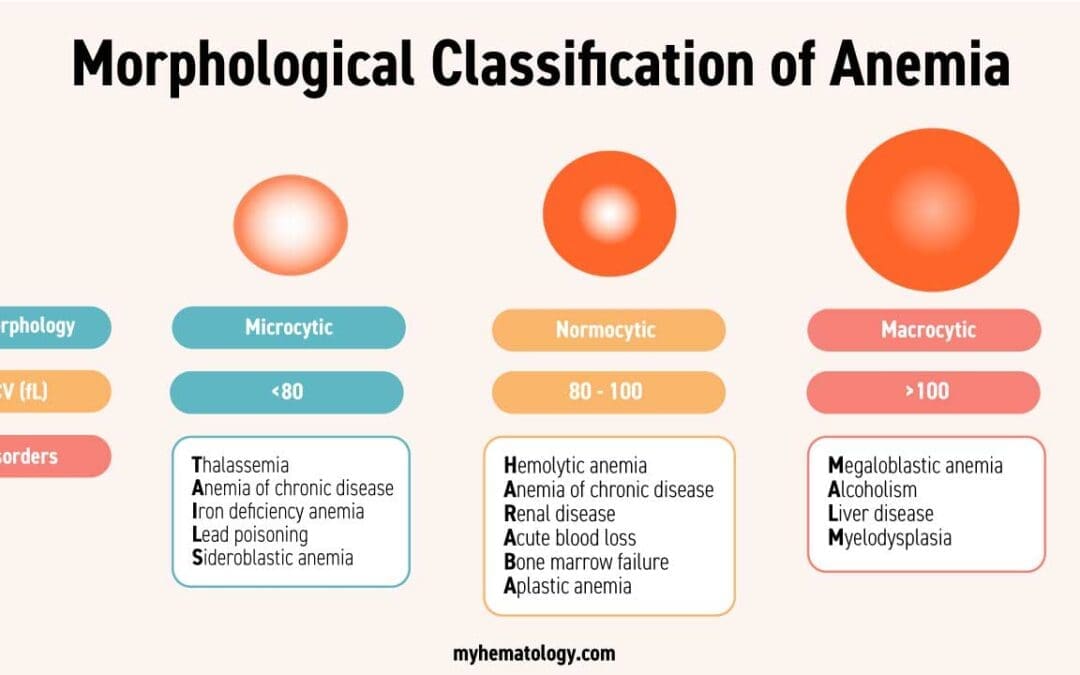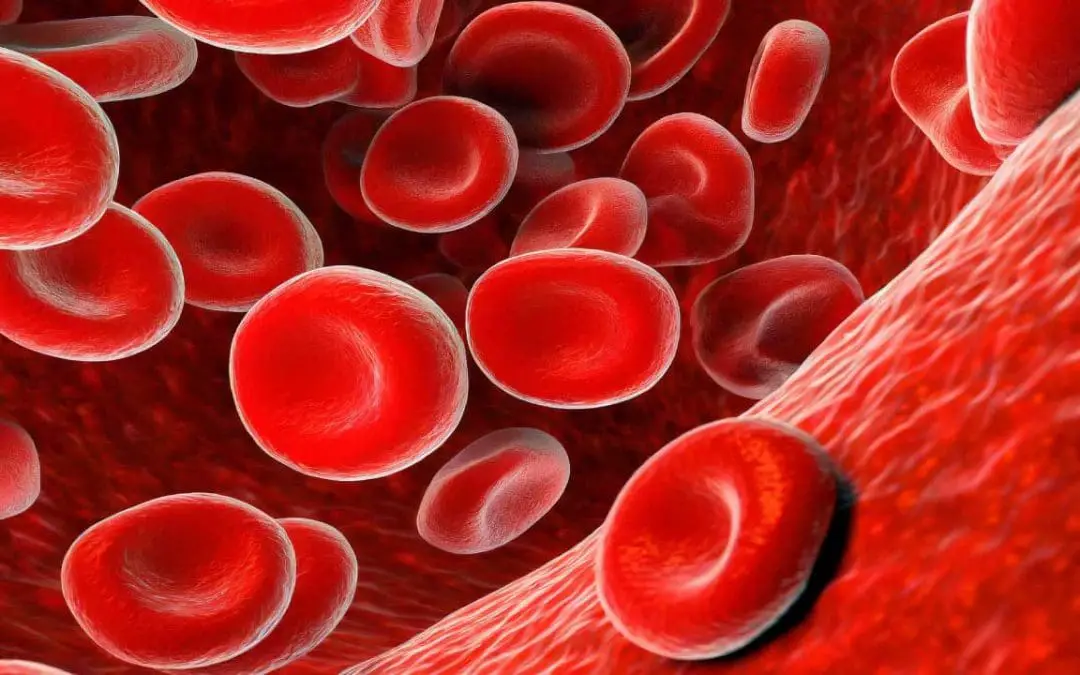
by MH Team | Nov 29, 2023 | Red Blood Cells
TL;DR Alpha thalassemia is an inherited hemolytic anemia due deletions or point mutation (uncommon) of the α-globin gene leading to reduced production or absence of α-chains needed for hemoglobin. It has an autosomal recessive inheritance pattern....

by MH Team | Nov 28, 2023 | Lab Protocols, Red Blood Cells
Procedure At-A-Glance HPLC (High Performance Liquid Chromatography) Procedure (Specifically the VARIANT II Beta Thalassemia Short Program). Sample Preparation: Collect a blood sample, preferably in EDTA. Lysate is prepared from the blood sample according to the...

by MH Team | Nov 23, 2023 | Lab Protocols, Red Blood Cells
Procedure At-A-Glance Prepare G6PD Reagent: Add 5 mL of dilution buffer to the freeze-dried G6PD reagent. Dissolve for 30 minutes. Prepare Quality Control (QC) Solutions: Add 50 uL of distilled water to each QC (normal, intermediate, deficiency) freeze-dried powder...

by MH Team | Nov 22, 2023 | Red Blood Cells
TL;DR Anemia is a common blood disorder characterized by a deficiency of red blood cells or hemoglobin, leading to reduced oxygen-carrying capacity. It’s a significant global health concern, particularly prevalent in developing countries, affecting productivity...

by MH Team | Nov 14, 2023 | Red Blood Cells
TL;DR Red blood cells (RBCs), or erythrocytes, are the most common blood cells, small biconcave disks lacking a nucleus and primarily composed of hemoglobin. Function ▾: Their main function is to transport oxygen from the lungs to tissues and carbon dioxide...







Recent Comments